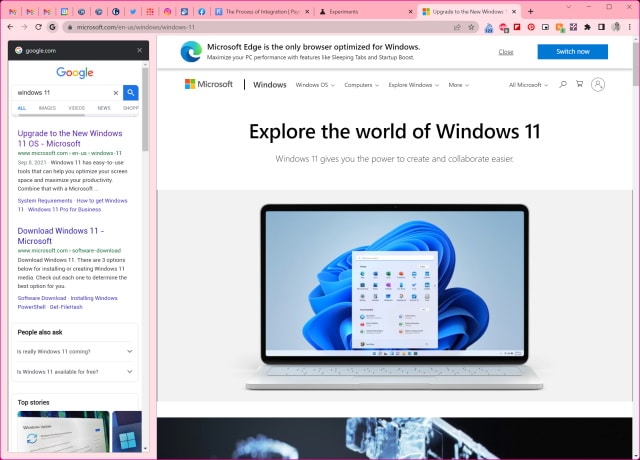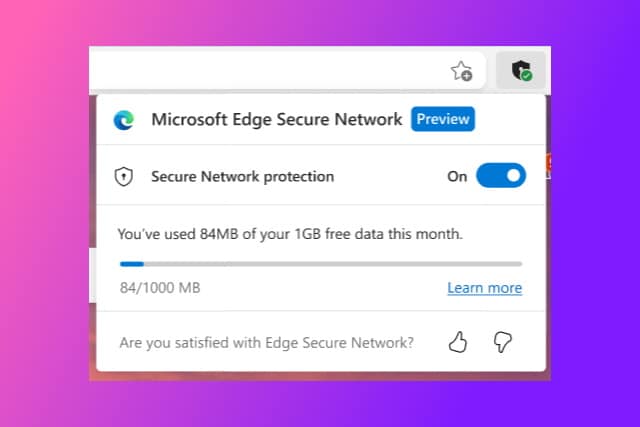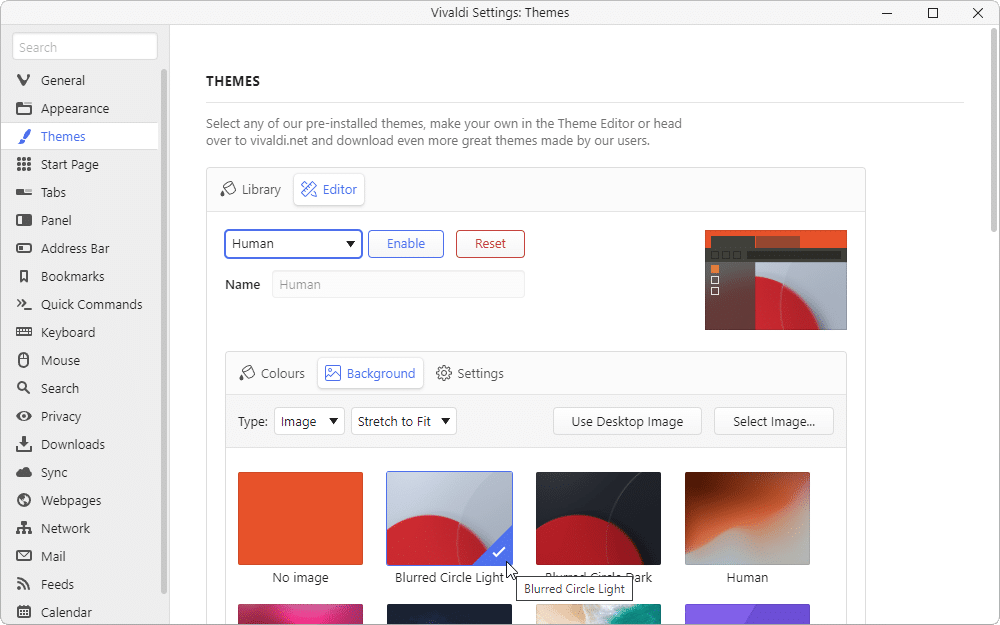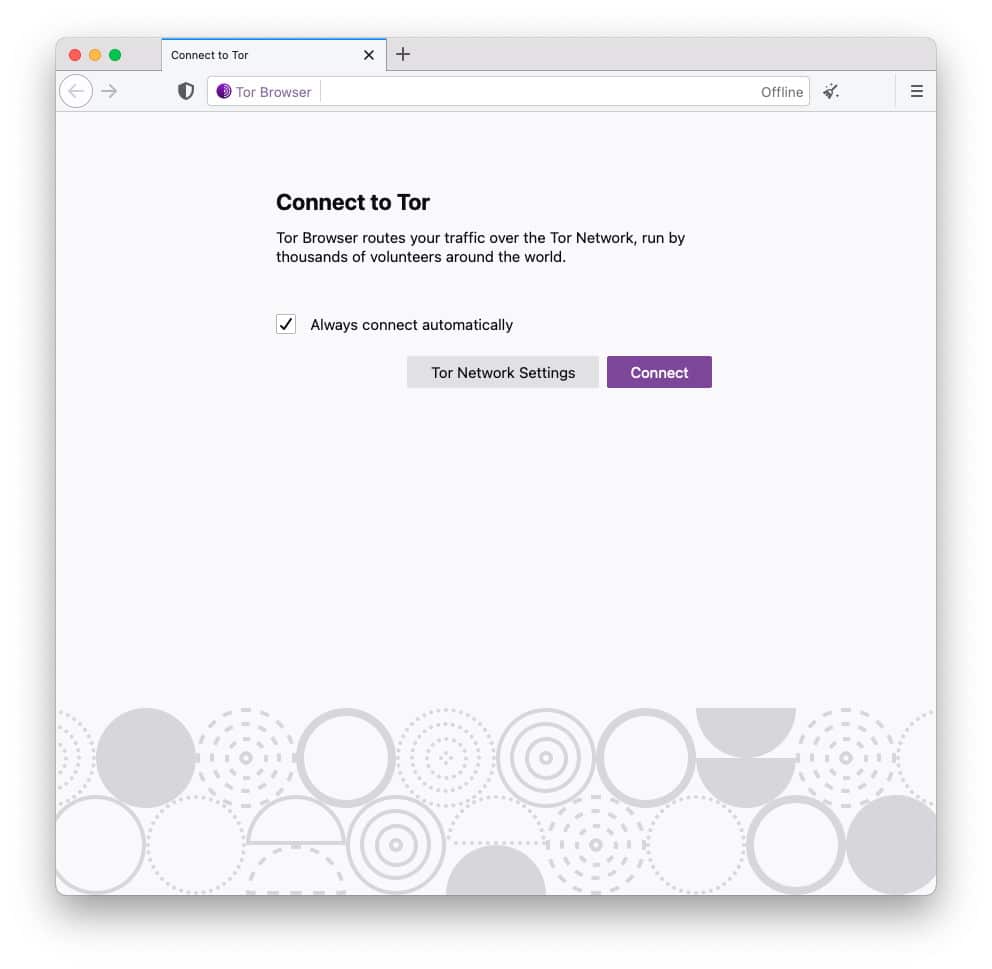
How to enable the secret side search feature in Chrome
It is easy to perform searches in Chrome, but you can make things easier. You probably currently either launch Google (or your preferred search engine) in a new tab, or just type a search term in the address bar, but there is another somewhat secret option.
Google’s browser has an optional search sidebar that not very many people know about. Called simply Side Search, this useful left-hand panel makes it easy to explore search results at speed.

Microsoft retires Internet Explorer after 27 years -- here's what happens next
Internet Explorer was once the dominant web browser, boasting a 95 percent market share in 2004. The arrival of better and faster browsers like Firefox and Chrome, along with the rise of smartphones, slowly destroyed its ubiquity and from today it is now officially retired and out of support.
While few people will mourn its passing, the browser is still used by many businesses and individuals who simply haven’t bothered to switch from what they know. For those users, Microsoft’s solution will be a predictable one.

Microsoft is preparing to add Microsoft Edge Secure Network, a free VPN, to its web browser
Concerns about online privacy and security mean that more and more people are turning to VPNs. It can be hard to know which VPN to choose, and to determine whether it is best to go for a free or paid-for tool. For users of its Edge browser, Microsoft is readying another solution.
The Microsoft Edge Secure Network is a Cloudflare-powered VPN service which Microsoft is looking to integrate directly into Edge. Microsoft's VPN would not only eliminate the need to install a third-party tool -- something that serves as an obstacle to many people -- it also includes a free data quota to help entice users.

Beware the three percent -- tiny proportion of users account for most malware incidents
A new report and infographic released today by Elevate Security shows that a mere three percent of a company's internal users are to blame for 92 percent of malware incidents, while just four percent are responsible for 80 percent of phishing incidents.
The research, carried out for Elevate by the Cyentia Institute, also shows 12 percent of users are responsible for 71 percent of browsing incidents with one percent triggering 200 events every week.

Vivaldi 5.1 unveils horizontal tab scrolling, new Reading List feature
Just over two months after unveiling its landmark 5.0 release, Vivaldi 5.1 arrives on desktop and Android with more new features.
Version 5.1 highlights two major desktop improvements -- the introduction of horizontal tab scrolling using the mouse, plus a built-in Reading List feature. Android users benefit from better performance under heavy loads and more Theme color options.

Microsoft making it easier to reject Edge and set a different default browser in Windows 11
Despite recently taking away the option to open internal links in other browsers, and stepping up its campaign to convince would-be Chrome users to stay with Edge, it seems Microsoft has made a surprise change in Windows 11 that will make it easier for users to set a different browser as the default.
At least, that is, if a change that crops up in the latest Insider build makes it into a future stable release.

Vivaldi 5.0 debuts shareable themes, new tablet-friendly design
The world’s most customizable browser just got a major update. Vivaldi 5.0 arrives on desktop and Android with a host of new features.
Desktop users get a brand-new Themes editor, with the ability to share custom themes with others easily, while two-level tab stacks have been added to the Android build.

Don't want to use Edge in Windows 11? Tough! Microsoft is taking away the option to open links in other browsers
It’s no secret that Microsoft wants people to use its Edge browser. It advertises it in Windows 10 and 11 and of course it’s the default in both of those operating systems too.
The Chromium version of Edge is very good, but plenty of users prefer a different browser, like Google Chrome or Mozilla Firefox. You can use any browser in Windows, but Edge will still spring into life if you click on a link from within the operating system.

Microsoft Edge stable now available on Linux
Linux users have been able to use Microsoft’s Chromium-based Edge browser for a while now, but in Dev Build and beta versions.
Today though the software giant has updated its Edge repository to add a new stable version of the browser, so if you’re running a Linux OS and want to try out Edge alongside your existing browser you can.

New browser-based enterprise endpoint is designed for hybrid working
A browser-based endpoint solution created to address the unique threats imposed by the hybrid workforce and designed with employee experience in mind is being launched today by Talon Cyber Security.
TalonWork can be deployed across the organization in less than an hour, allowing security leaders to make the browser their first line of defense with minimum complexity, cost and without additional hardware.

Manjaro Linux Cinnamon switches from Firefox to Vivaldi for default web browser
Vivaldi may not be the most popular web browser when compared to Google Chrome or Mozilla Firefox, for instance, but it is used by millions of people to surf the web every day -- that is still significant. Many of its users are privacy-focused and tech-savvy too. Best of all, the free Vivaldi web browser is available on all major desktop operating system platforms, including Windows, Mac, and Linux.
Speaking of Linux, today, Vivaldi is making huge news in that community, and the folks over at Mozilla are not going to like it. You see, the developers of the Arch Linux-based Manjaro Cinnamon operating system have decided to ditch Firefox as the default web browser, instead opting for Vivaldi. Wow!

Firefox 91 improves its Total Cookie Protection to block more third-party trackers
Another month, another major Firefox update. This time, Firefox 91 brings with it two major changes of note: improvements to its Total Cookie Protection feature, and support for logging into Microsoft, work and school accounts through Windows single sign-on.
Total Cookie Protection, introduced back in February when Firefox was a mere 86 iterations old, aims to confine cookies to the site where they were created as part of an attempt to put the brakes on invasive tracking cookies from third-party companies.

Firefox 90 introduces background updates to Windows, tightens security elsewhere
After last month’s major redesign, you’d be forgiven for thinking Firefox might take it easy with its latest update. But while there are no standout features to rival version 89’s facelift, Firefox 90 sports some notable new features and improvements to make the update a noteworthy one.
The Windows build gets particular attention with this new release. Firefox 90 introduces a new about:third-party page to help users identify compatibility problems caused by third-party modules and apps.

Tor Browser 10.5 is here... and it kills off support for older Onion services
Web users' interest in privacy and security has gradually increased over the years, and demand for secure, anonymity-offering browsers like Tor is also on the up. Now a new version of Tor Browser is upon us, introducing various protection methods.
Perhaps most apparent in Tor Browser 10.5 is the improved experience of connecting to Tor. While the Tor Network has undeniably rocketed in popularity, there are still plenty of people who like the idea of the security and privacy it offers, but feel uncomfortable with getting started. In particular, this latest version of the browser makes life easier for people forced to use censored connections.

Google reins in the madness and brings some sanity to Chrome's address bar
Over the years Google has made sweeping changes to Chrome, introducing all manner of features and options. The constant stream of Beta, Dev and Canary builds of the browser are proof of the constant development that is going on, and some of the work has been rather controversial.
One move that was widely opposed was the decision to stop showing full URL of a web page in the address bar (or Omnibar if you want to use Google's nomenclature). Introduced almost a year ago, Google said the experiment was an attempt to help people spot spoofed URLs, but it caused widespread annoyance and confusion. Now the company has seen sense and is opting to show full addresses once again.
